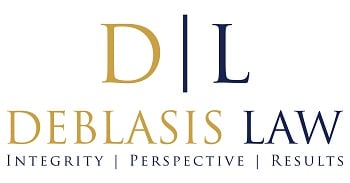When lenders find themselves facing lawsuits, there can be a financial stake. They may have to pay for legal fees and potential settlements. But it is not just about money – the lender’s reputation is also on the line. Staying financially strong and keeping up a good image is a big challenge for lenders dealing with fair debt lawsuits.
The Fair Debt Collection Practices Act (FDCPA)
The Fair Debt Collection Practices Act outlines the rules that debt collectors, including lenders, must follow when communicating with debtors. It is crucial to understand the limitations and requirements imposed by the FDCPA to avoid violating its provisions. Here are some key points:
- Prohibited practices: There are practices that the FDCPA prohibits lenders from doing. For example, you cannot use threats or any form of harassment when collecting debt from your debtors.
- Validation of debts: Using false information can also lead to legal consequences. You must always give accurate information about debts when debtors ask. Always properly document what they owe, how much they have paid and their remaining balance. This can help you maintain transparency in your interactions.
- Communication restrictions: Remember that the FDCPA also places restrictions on the timing and frequency of communications with debtors. For example, the 7-in-7 debt collection rule establishes that it is considered a violation if your collectors call a debtor more than seven times within a seven-day period. You should not call them within seven days after a prior phone conversation about a specific debt as well.
Note that this presumption only applies to calls and not to other forms of communication like text messages or emails.
Defending against fair debt lawsuits
When a lender faces a fair debt lawsuit, several strategies can be employed to defend against the claims. Here are a few important considerations:
- Documented records: You should always maintain well-documented records of all communications, transactions and agreements with the debtor. This documentation can serve as strong evidence to support your case and refute any false claims.
- Legal representation: Enlisting the help of legal professionals can help you assess the specifics of your case. They can also help you develop a strong defense strategy and ensure your actions align with the law.
- Negotiation and settlement: In some cases, you may also want to consider a negotiated settlement. This option can be more practical. Besides, exploring opportunities for debt repayment plans or adjusted terms can help resolve disputes without the need for protracted legal battles.
By following the FDCPA regulations and using smart defense strategies, lenders can safeguard their interests and uphold ethical practices when dealing with legal issues.
